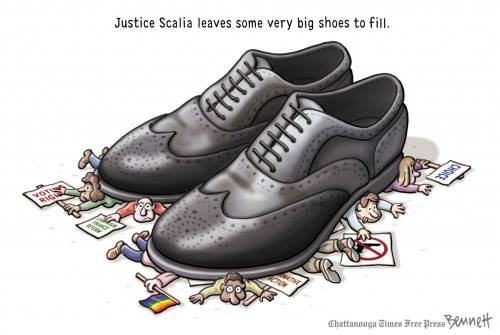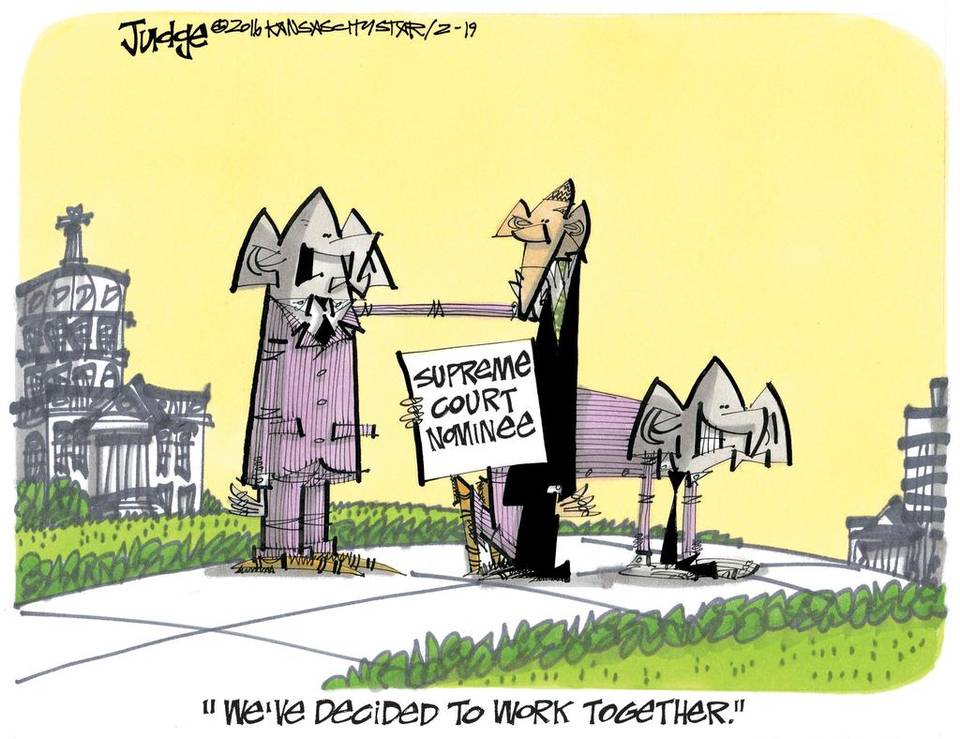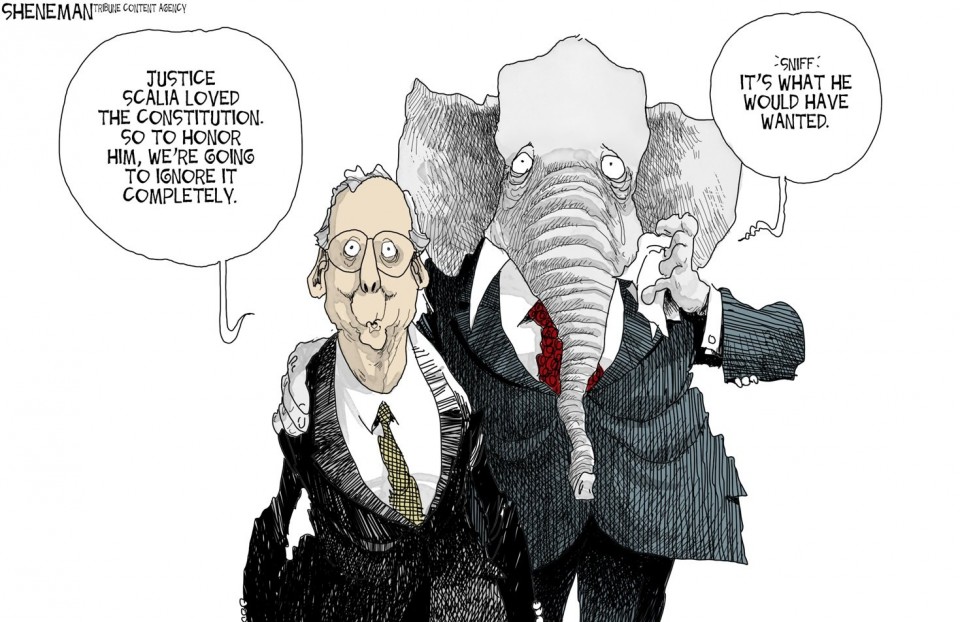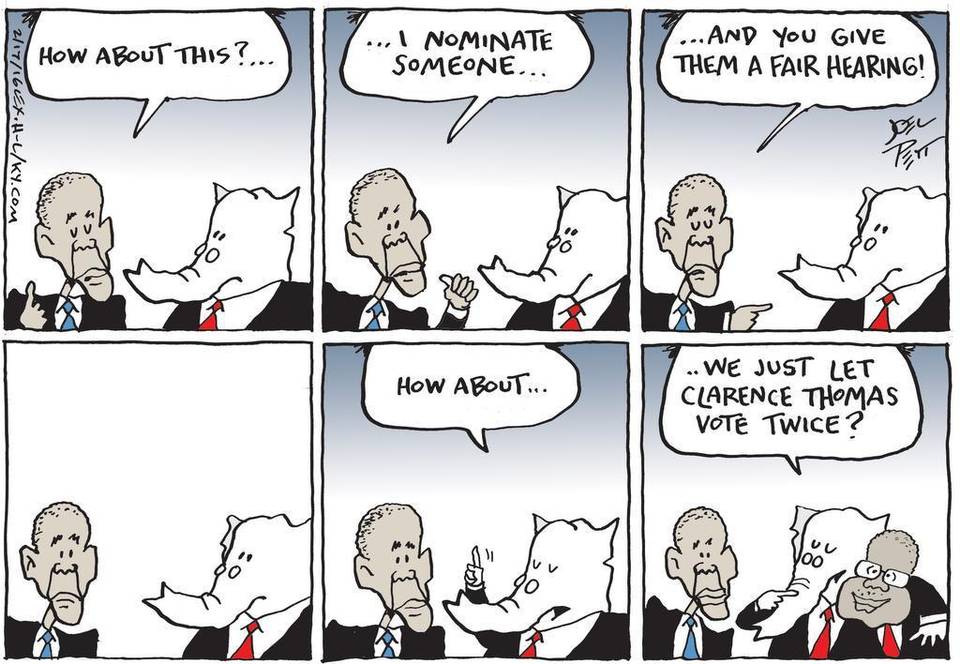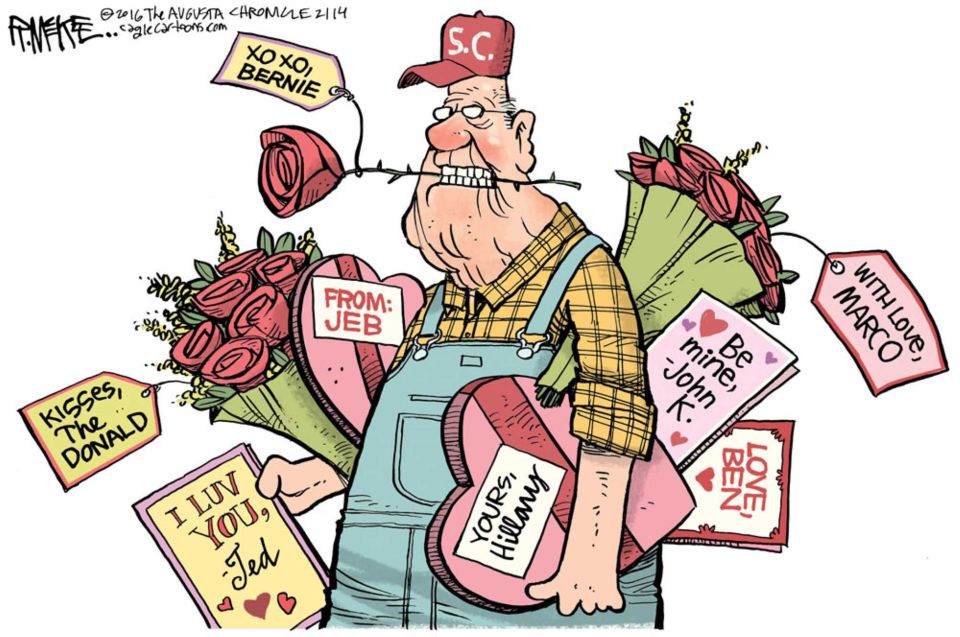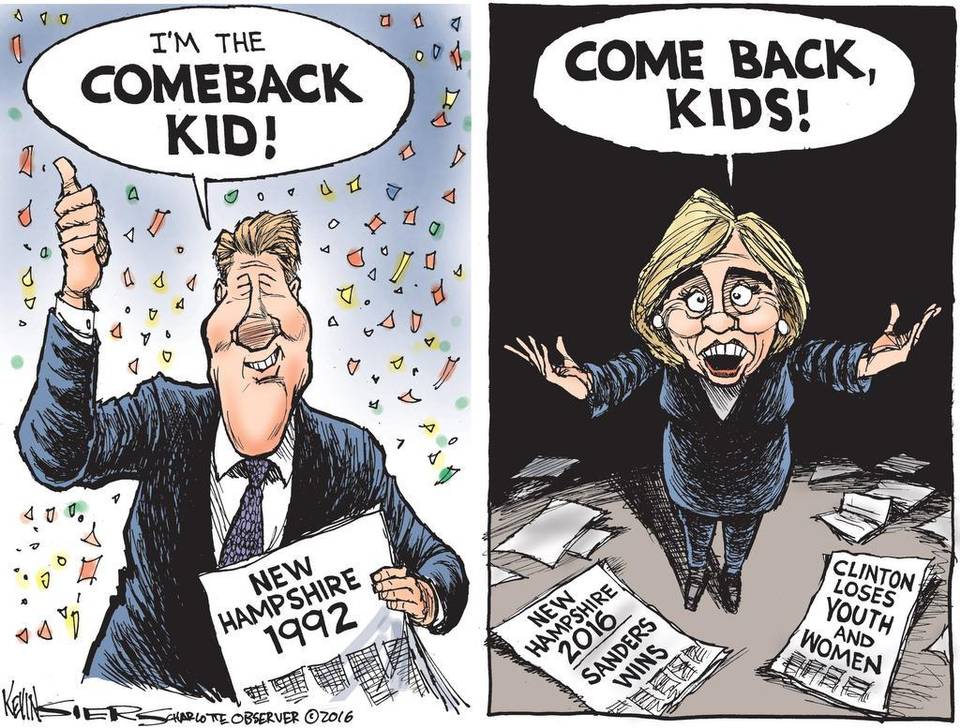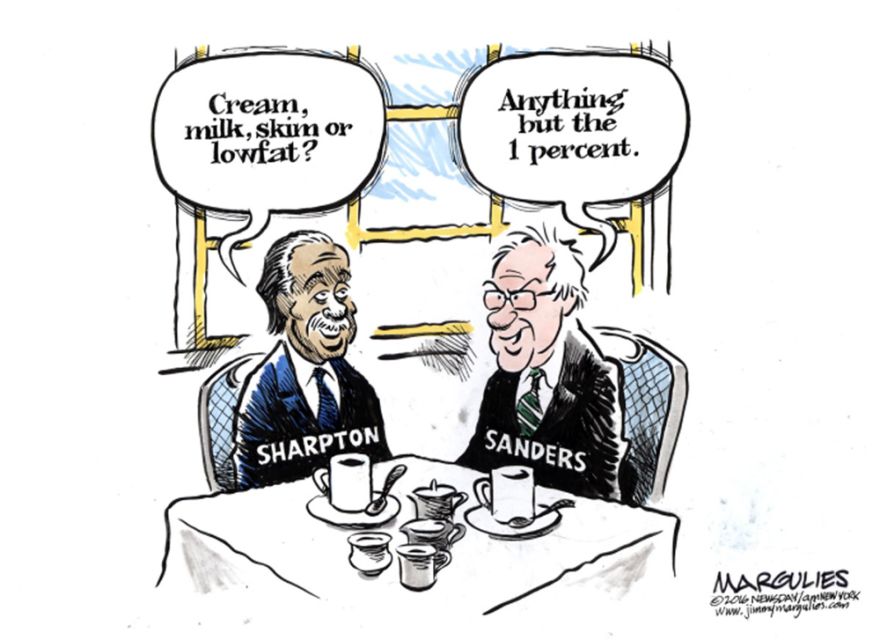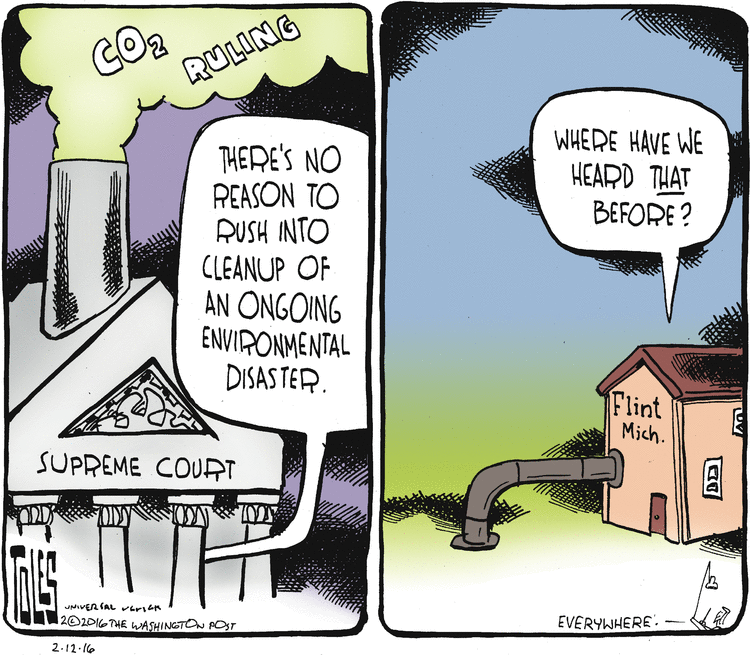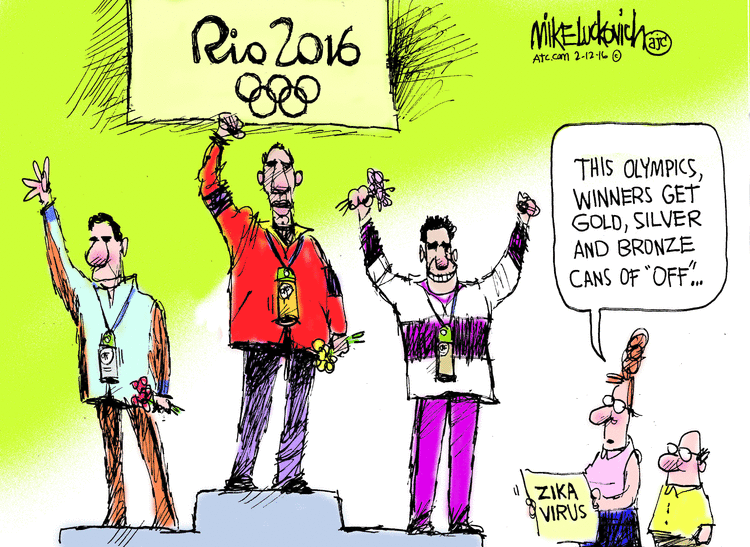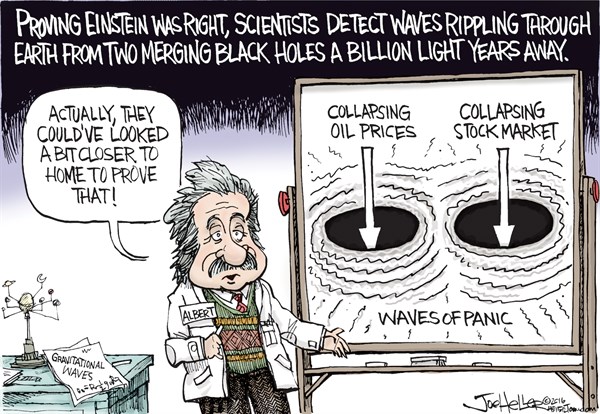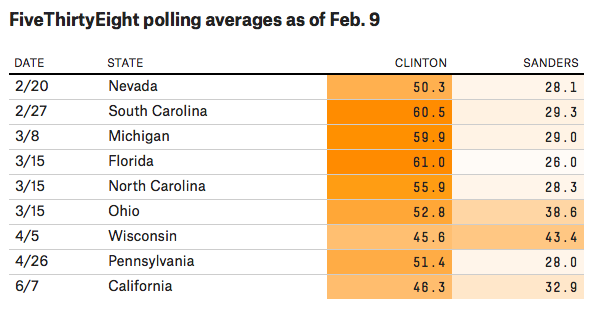Do Conservatives Have a Learning Disability? A few who read the Wrongologist are convinced that Wrongo is just a clueless, woolly-headed Progressive who hates America and the baby Jesus. None of that is true, except for the Progressive part.
From Krugman’s Monday column:
Marco Rubio has yet to win anything, but by losing less badly than other non-Trump candidates he has become the overwhelming choice of the Republican establishment.
PK points out that Rubio:
• Proposes tax cuts, like completely eliminating taxes on investment income — which would mean, for example, that Mitt Romney would end up owing zero in federal taxes.
• Proposes tax cuts that would be almost twice as big as George W. Bush’s as a percentage of GDP, despite the fact that Republicans have spent the Obama years warning incessantly that budget deficits will destroy America, any day now.
• Insists that his tax cuts would pay for themselves, by unleashing incredible economic growth. Never mind the complete absence of any evidence for this claim, or that the last two Democratic presidents, both of whom raised taxes on the rich, presided over better private-sector job growth than Mr. Bush did.
• Called for a balanced-budget amendment, which makes no sense, since he is calling for budget-busting tax cuts. Also this amendment would have been catastrophic during the Great Recession, when deficit spending helped bring us out of a crash.
Finally, Marco Roboto said a few days ago that it’s “not the Fed’s job to stimulate the economy” (although the law says that it is precisely their job). Krugman closes with: (brackets by the Wrongologist)
In short, Mr. Rubio is peddling crank economics. What’s interesting, however, is…he’s not pandering to ignorant voters; he’s pandering to an ignorant [GOP] elite.
It doesn’t require a Nobel Prize in Economics to see the entrenched divisions in our politics. But let’s focus today on the great coup by American Conservatism, convincing its followers that personal opinion counts for as much as any fact.
We live in an America that Conservatives have turned into an oligarchy. The system has been gamed to support the interests of the wealthy. Politicians are able to choose their voters through a cynical, manipulative gerrymandering re-redistricting process. The idea of “one man, one vote” has, via Citizens United, been turned into a largely meaningless exercise in which those with big bucks and an agenda pay to propagandize the American voter, many of whom are far more comfortable reacting emotionally, than thinking critically.
Conservatives like Rubio (and the rest of the GOP) have retreated into a content-free bubble, where they manufacture truth on the fly to suit their purpose. You know this since few on the Far Right put forward cogent, supportable arguments for their ideas, instead lazily relying on a smug arrogance which allows them to laugh off opposing ideas, as does Mr. Rubio.
The problem is, the vast majority of our electorate are largely oblivious to the nuances of the underlying issues. What information they have is derived from main stream media, or right wing propaganda organs, or social media.
Data are boring and unacceptable: My belief is superior to your data or to my own education. It is easier to just vote for the candidate promising to make America Great Again, ignoring the reality of the deep and nuanced causes of our problems.
The rigidity of the Republican doctrine on taxes as outlined by Rubio looks like an alternate version of the movie, “Groundhog Day“, where Bill Murray experiences a time loop in which he repeats his experience until he corrects the problems that had landed him in limbo.
Sadly, in the GOP alternative version, they begin every presidential election cycle with a demand for lower taxes. The tax policy of the previous four years has no effect on this mantra. Nor do the economic trends of the time alter their robotic claim that lower taxes will cure all difficulties. In the Conservative view, a smaller tax bite will trigger an economic boom that offsets the costs of GOP tax cuts to our budget.
In the GOP version of “Groundhog Day”, the GOP doesn’t learn from its mistakes. Unfortunately, this means the entire country suffers from the inability or unwillingness of Republicans to learn from experience.
It’s time to turn off Fox News and set out on a walkabout in the reality-based world.

